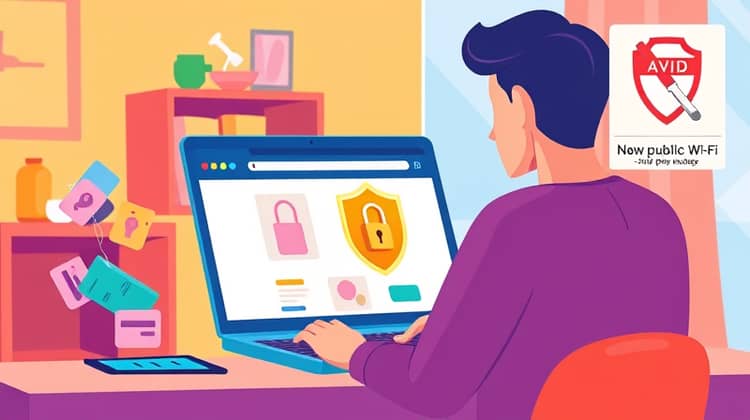Credit card fraud is a serious concern in today's digital age. As online transactions become more common, it's crucial to take steps to protect yourself from becoming a victim.
In this article, we will explore five essential steps you can take to avoid credit card fraud and ensure your financial safety.
1. Monitor Your Accounts Regularly

One of the most effective ways to protect yourself from credit card fraud is to monitor your accounts regularly. By checking your transactions frequently, you can spot any unauthorized charges early and take action before they escalate.
Using banking apps or websites, review your statements weekly or even daily, if possible. This habit will make it easier to identify discrepancies and address them promptly.
2. Enable Alerts and Notifications

Setting up alerts and notifications is another proactive measure to safeguard your financial accounts. Most banks and credit card companies offer the option to receive real-time notifications regarding your account activity.
These alerts can inform you of large purchases, changes to your email or personal information, and low balances, which can all help you stay informed about your account status.
- Receive alerts for transactions over a certain amount.
- Get notifications for any changes made to your account settings.
- Set up reminders for payment due dates to avoid late fees.
3. Be Wary of Phishing Scams

Phishing scams are a prevalent threat where criminals attempt to obtain sensitive information by masquerading as trustworthy sources. It's crucial to remain vigilant and cautious about unsolicited communications.
Always verify the source before clicking on links or providing personal information, even if they appear legitimate.
- Look for spelling and grammar errors in emails.
- Hover over links to check their authenticity before clicking.
- Never provide sensitive information via email or text.
4. Use Secure Payment Methods

Using secure payment methods is essential in preventing credit card fraud. When shopping online, ensure that the website has valid security measures before entering your credit card details.
Look for HTTPS in the URL and security symbols like a padlock in the address bar.
- Use virtual credit cards for online purchases.
- Consider a credit card that offers fraud protection services.
- Avoid using public Wi-Fi when making purchases.
By adopting secure payment practices, you can significantly reduce your risk of falling victim to credit card fraud.
5. Protect Your Personal Information

Be proactive about protecting your personal information online. Use strong and unique passwords for your financial accounts, and change them regularly.
Limit sharing personal information on social media and be mindful of the data you provide to websites.
- Enable two-factor authentication on your accounts.
- Be cautious about sharing personal details over the phone.
- Regularly update your passwords and avoid reusing them.
Bonus: What to Do If You Suspect Fraud

If you suspect that your credit card has been compromised, it's important to act swiftly. First, report the suspicious activity to your credit card issuer immediately to block the card and prevent further transactions.
Next, check your other accounts for any unauthorized activity and consider placing a fraud alert on your credit reports to protect against identity theft.
- Contact your credit card issuer to report the fraud.
- Review recent transactions to identify any unauthorized charges.
- Place a fraud alert on your credit reports to prevent new accounts from being opened in your name.
Conclusion

In summary, being proactive and aware of the potential risks of credit card fraud can go a long way in protecting your finances. By implementing these steps, you can significantly reduce your chances of falling victim to scams and fraud.
Remember, taking the time to monitor your accounts, enable alerts, and educate yourself on security measures will provide you peace of mind and financial security.














